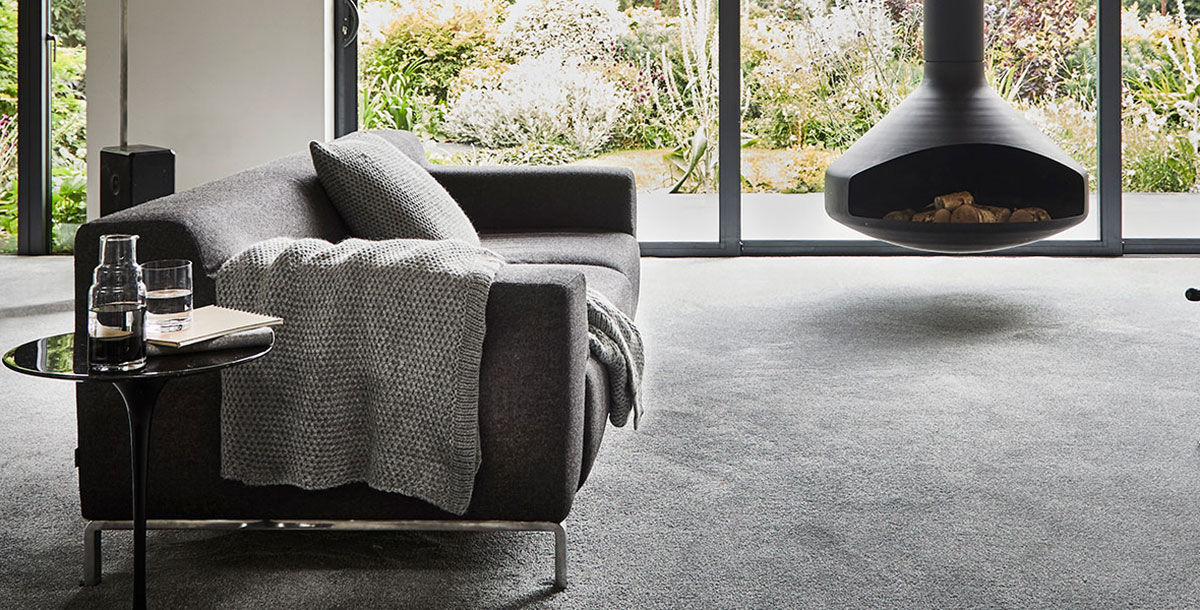Sustainable Flooring Trends: Eco-Friendly Options for Modern Spaces

Eco-Friendly Elegance: Navigating Sustainable Flooring Trends
Sustainable flooring is no longer just a niche choice; it’s a mainstream trend that reflects a growing commitment to environmental responsibility. Let’s explore the latest sustainable flooring trends that not only elevate the aesthetics of modern spaces but also contribute to a greener planet.
Choosing Renewable Materials
One of the core principles of sustainable flooring trends is the use of renewable materials. Bamboo and cork flooring, for example, are popular choices due to their rapid regeneration. These materials offer durability, versatility, and a unique aesthetic appeal while significantly reducing the environmental impact associated with traditional flooring options.
Opting for Recycled and Reclaimed Wood
Recycled and reclaimed wood flooring is a timeless choice that continues to gain popularity. Salvaged from old buildings, barns, or other structures, this type of flooring not only adds character to a space but also repurposes materials that would otherwise go to waste. It’s a sustainable option that aligns with the principles of circular economy practices.
Exploring Sustainable Carpeting Alternatives
Carpeting has undergone a sustainable makeover with the introduction of eco-friendly materials. Manufacturers now offer carpets made from recycled fibers, organic materials, and even innovative options like corn-based fibers. These sustainable carpeting alternatives not only provide comfort underfoot but also contribute to reducing the environmental footprint of the flooring industry.
Embracing Cork Flooring Innovations
Cork flooring is making a comeback in sustainable design circles. Harvested from the bark of cork oak trees, this material is not only renewable but also boasts natural insulation properties. Recent innovations in cork flooring include engineered cork planks, providing a wider range of design possibilities while maintaining the eco-friendly characteristics of the material.
Investing in Long-Lasting Linoleum
Linoleum has evolved beyond its reputation as a standard flooring option. Made from natural materials such as linseed oil, cork dust, and wood flour, linoleum is biodegradable and low in volatile organic compounds (VOCs). Its durability and ease of maintenance make it a sustainable choice that can withstand the test of time.
Optimizing Sustainable Tile Choices
Sustainable tiles have become a staple in modern flooring trends. Porcelain tiles made from recycled content, glass tiles sourced from recycled bottles, and natural stone tiles are among the eco-friendly options available. The versatility of sustainable tiles allows for creative expression while promoting responsible sourcing and manufacturing practices.
Considering Concrete as a Sustainable Option
Concrete flooring is gaining traction as a sustainable and versatile choice. When properly sealed, concrete can be an energy-efficient flooring option with excellent thermal mass properties. It also provides a blank canvas for various finishes, making it a favorite in contemporary and industrial-inspired designs.
Exploring Eco-Friendly Laminate Flooring
Laminate flooring has come a long way in terms of sustainability. Modern eco-friendly laminate options often use recycled materials in their core and are available in a variety of styles that mimic the look of hardwood or stone. This provides a cost-effective and visually appealing alternative for those seeking sustainable flooring solutions.
Prioritizing Low VOC and Non-Toxic Finishes
The finishing touches on sustainable flooring play a crucial role. Opting for low VOC (Volatile Organic Compounds) and non-toxic finishes ensures that the flooring not only contributes to indoor air quality but also minimizes the environmental impact of harmful chemical emissions. Water-based finishes are increasingly popular for their eco-friendly attributes.
Seeking Certification for Sustainable Flooring
To ensure the sustainability claims of flooring products, consumers can look for certifications from reputable organizations. Certifications like Forest Stewardship Council (FSC) for wood products or FloorScore for indoor air quality can guide buyers toward genuinely sustainable choices. Being informed about these certifications empowers consumers to make environmentally conscious decisions.
For a comprehensive guide on sustainable flooring trends and expert advice, visit Jet Design Home. Discover the latest innovations and timeless eco-friendly options to create a stylish and environmentally responsible living space.
In conclusion, sustainable flooring trends are reshaping the way we think about interior design. By choosing materials that prioritize environmental responsibility, homeowners can create beautiful, comfortable spaces while contributing to a healthier planet.









